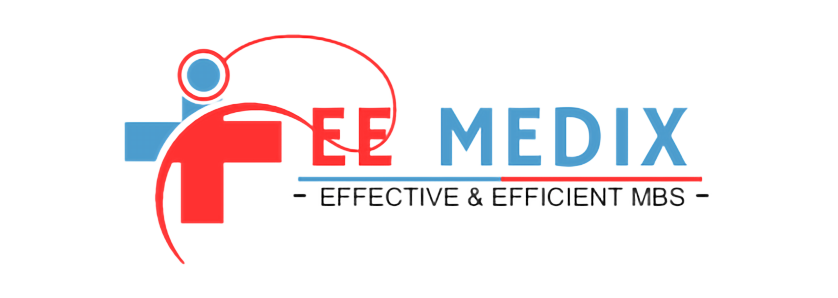Understanding and decoding hyperlipidemia, a common medical condition characterized by elevated levels of lipids in the blood, requires familiarity with the relevant ICD-10 code for accurate diagnosis and record-keeping. This comprehensive article delves into the world of ICD-10 codes for hyperlipidemia, clarifying key questions and providing valuable insights.
The Focus Keyword: “ICD 10 Code Hyperlipidemia”
The focus keyword for this article is “ICD 10 code hyperlipidemia.” This keyword is vital for search engine optimization (SEO) and helps users find precise information about the ICD-10 code related to hyperlipidemia.
What is the ICD-10 Code for Hyperlipidemia?
The ICD-10 code for hyperlipidemia plays a crucial role in enabling medical professionals and coders to accurately document and track this condition. The ICD-10 system, classifies hyperlipidemia under the code E78, serving as a diagnostic tool to describe the presence and severity of hyperlipidemia in a patient.
Understanding Hyperlipidemia
Hyperlipidemia, often referred to as high cholesterol, results from abnormally elevated levels of lipids (fats) in the bloodstream. These lipids, including cholesterol and triglycerides, increase the risk of various cardiovascular diseases, such as heart attacks and strokes. Timely diagnosis and management of hyperlipidemia are essential to prevent these serious health complications.
What is Hyperlipidemia Unspecified?
Sometimes, a patient’s medical condition may not fit into a specific subcategory of hyperlipidemia. In such cases, healthcare providers employ an ICD-10 code designating the condition as “unspecified.” The ICD-10 code for hyperlipidemia unspecified is E78.4.
The Significance of Unspecified Codes
While “unspecified” may sound vague, it serves as a valuable coding option in medical records. It allows healthcare professionals to indicate the presence of hyperlipidemia without specifying the exact subtype. This coding flexibility proves useful when more detailed information is unavailable. When the condition does not neatly align with a particular subtype.
What is the ICD-10 Code for E78.4?
To clarify further, the ICD-10 code E78.4 specifically denotes hyperlipidemia, unspecified. It functions as a distinct code to signify cases where the exact subtype or further details of hyperlipidemia are absent. This code ensures accurate documentation of the condition in medical records and billing, even when specific information is limited.
Use of E78.4 Code
The healthcare provider’s diagnosis often relies on clinical symptoms and general lipid profile results when using the ICD-10 code E78.4. This code aids healthcare professionals in effective communication within the medical community and ensures that patients receive the appropriate care and treatment.
What is the ICD 11 Code for Hyperlipidemia?
As of my knowledge cutoff date in January 2022, the International Classification of Diseases, 11th Edition (ICD-11) had not been fully implemented, with ICD-10 remaining the primary coding system. The transition from ICD-10 to ICD-11 typically takes time and involves extensive updates and training within the healthcare industry.
Please note that the specific ICD-11 code for hyperlipidemia may have been established since then. For the most current and accurate information, consult the latest version of the ICD coding system and relevant medical resources.
Conclusion
In conclusion, understanding the ICD-10 code for hyperlipidemia is essential for healthcare professionals, medical coders, and patients. Proper coding ensures accurate documentation of the condition in medical records, a critical factor for diagnosis, treatment, and billing. Hyperlipidemia, often associated with high cholesterol, can manifest in various forms, including the “unspecified” category denoted by code E78.4. This coding flexibility allows for comprehensive record-keeping, even when specific subtype details are limited.
As we navigate the evolving landscape of medical coding. Staying informed about the latest coding systems, such as ICD-11, is essential for healthcare professionals and coders.

